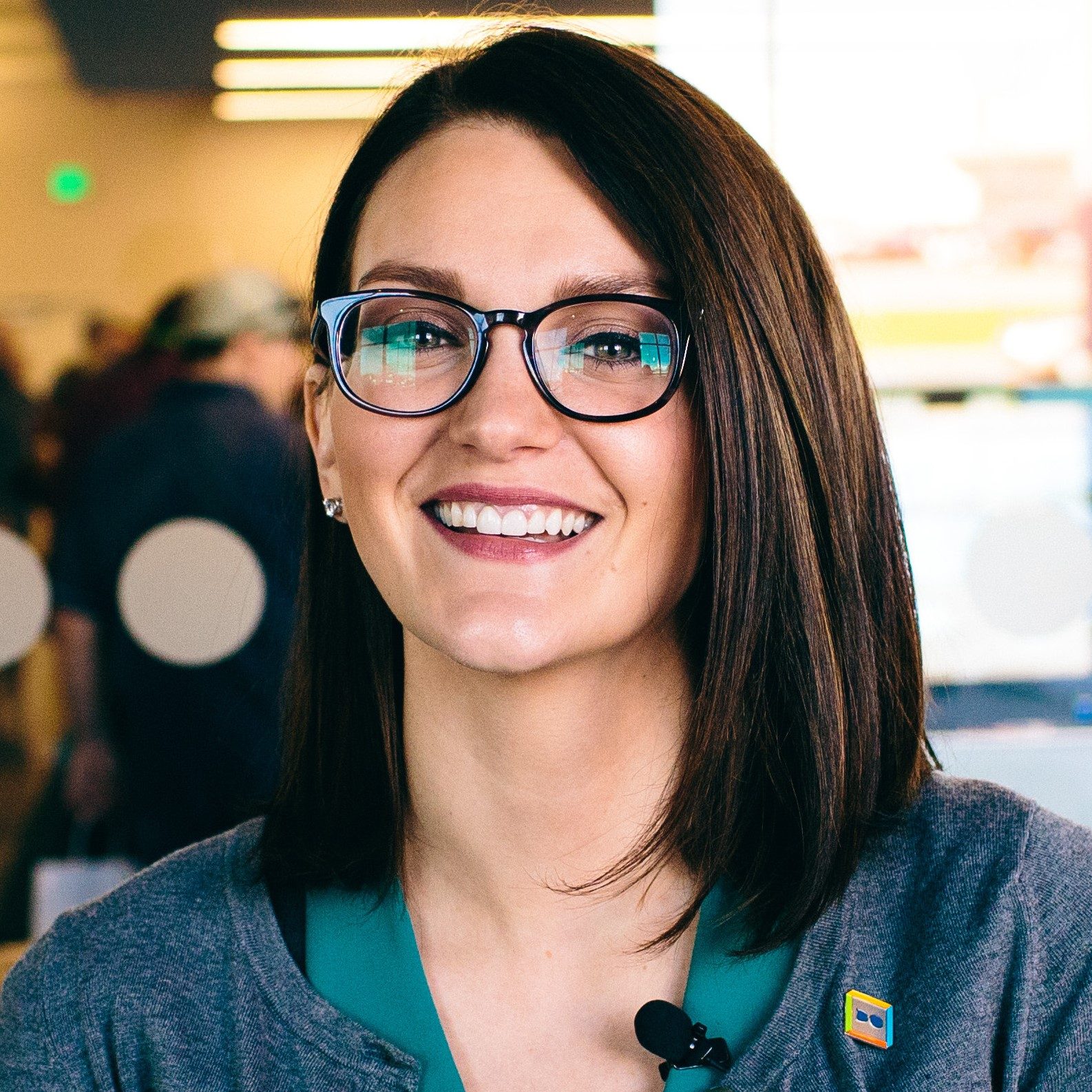To our members:
The murder of George Floyd and those of countless other Black Americans and people of color speak to the institutionalized racism that has plagued our country since its very inception. We are all responsible for working together to put an end to racism, discrimination, and violence so that we are able to build a better future for our city and our country. Do Space stands with the #BlackLivesMatter movement and all those working to end systemic racism.
Moving forward, it is vital that we ask our leaders and local organizations to get specific about how we support communities of color. I’ll lead the way — here are a few ways Do Space has served and empowered the Black community in Omaha:
- We bridge the digital divide.
- Over 37,000 households in Douglas County do not have home access to a computer or the internet. The vast majority of these households are located in North and South Omaha, home to many communities of color.
-
- This lack of access to technology and connectivity disproportionately affects communities of color, creating significant barriers to citizen success — limiting information access, educational attainment, and future job prospects. Do Space was designed specifically to tackle the digital divide by offering technology, connectivity, and free learning for everyone in Omaha.
-
- I am proud to represent Omaha in both regional and national digital divide initiatives, and I’ve had the opportunity to speak at national conferences in order to shed light on how the digital divide negatively impacts communities of color.
- We continuously work to diversify our membership.
- When Do Space first opened in 2015, the overwhelming majority of our membership was white. Today, our members are more diverse than the surrounding community.
-
- Do Space has over 81,000 members, 13% of whom identify as Black compared to 11% of Douglas County residents.
-
- Among Do Space members who have used our free services more than once, 41% identify as people of color compared to 31% of Douglas County residents.
- The Do Space staff is diverse.
- Unlike most organizations in the technology field, Do Space has a diverse staff. We are majority female, led by a woman, and 30% of our staff identify as Black.
- Do Space was one of the first libraries to sign the Urban Libraries Council Statement on Race and Social Equity.
- My work as a member of the Urban Libraries Council Executive Board has helped inform our approach to inclusive programs and services at Do Space, and as part of our commitment to this statement, we actively evaluate our programs and services to ensure we’re creating an equitable space for our entire community.
- Do Space is a safe space.
- Our programs and services are protected by a Behavioral Policy and Code of Conduct that are enforced by our staff. Harassment is prohibited at Do Space and these policies exist to protect everyone’s experience while we learn technology together.
This list is meant to be a snapshot of some of our work, and the results of those efforts, but it does not include the dozens of partnerships and community engagement initiatives we’ve been involved in since we opened in 2015. Our work with the community will never be finished — it is ongoing and continuous, as is our goal to always offer a welcoming, inclusive, and useful space to the Omaha community.
I encourage other leaders in Omaha to publish data and other information about how their organizations, companies, and departments are working to promote diversity so that we can work together and maximize our impact.

Rebecca Stavick

